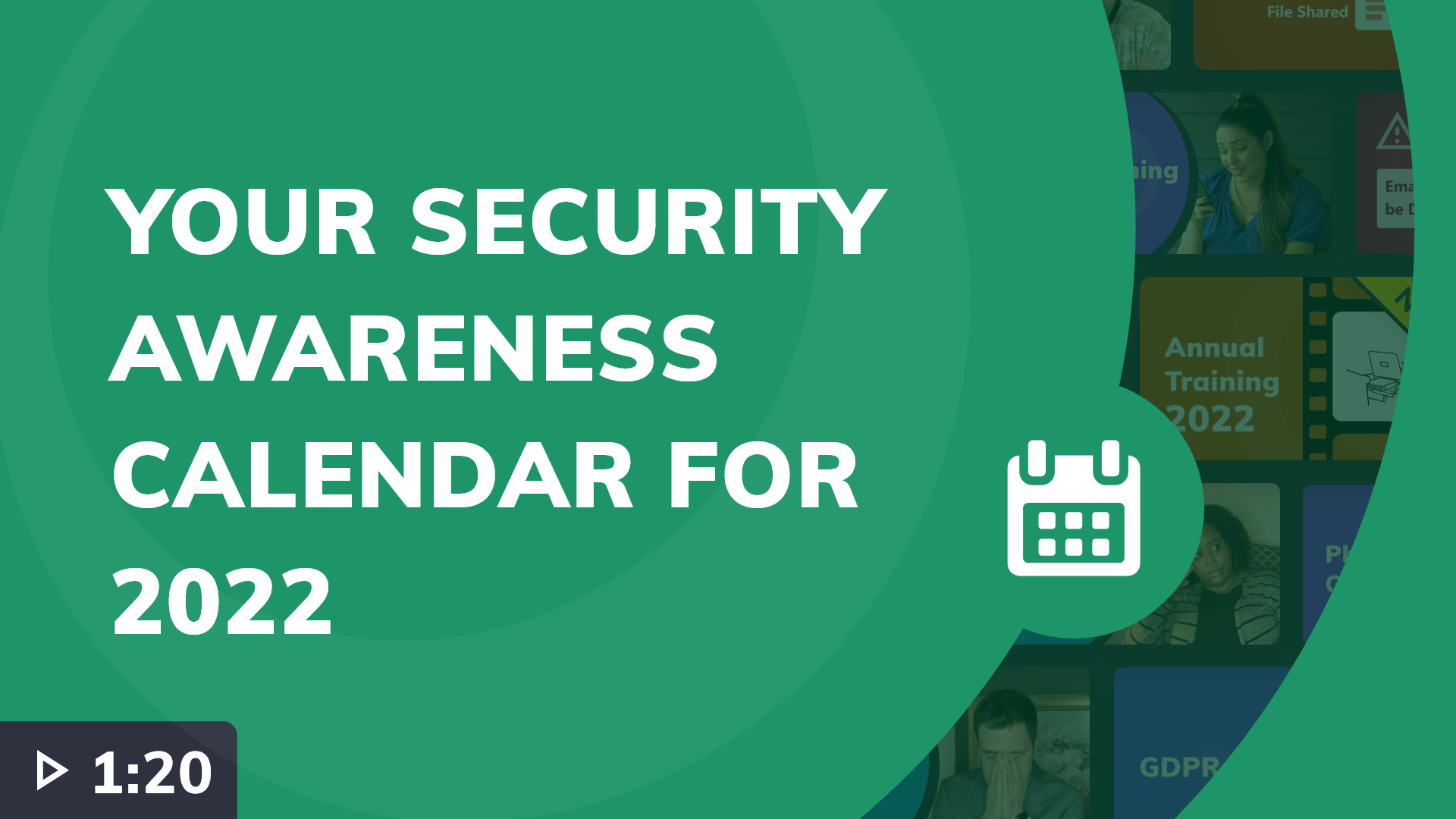The Quick Guide to Prevent Senior Citizen Scams
Scammers do not discriminate, they are constantly looking for easy prey, and have no heartache scamming senior people out of their entire life savings. I crowdsourced this article from comments on a post I recently posted on LinkedIn.
Here is the link to the original post - https://www.linkedin.com/posts/gabrielfriedlander_informationsecurity-securityawareness-cybersecurity-activity-6622845272860962816-rPZv
I tried to keep it short and to the point to make it easy to share.
Let’s get started!
Whether or not you are able take care of your own finances has nothing to do with the likelihood of getting scammed. Even banks are getting hacked, so if you got scammed or something doesn’t feel right, report it immediately.
You can call the Better Business Bureau’s Senior Fraud Hotline: 804-780-2222
The mission of the Better Business Bureau’s Senior Fraud Program is to assist in recognizing and resisting fraudulent offerings and possible scams
Here’s a few simple rules to remember - better to be safe than sorry…
Rule #1 - If it is too good to be true, it probably is!
There are scammers that come to work everyday, sit in a cubicle and try to scam people! And they are very good at what they do. So if you think you stumbled across an amazing deal online, remember if it is too good to be true, it probably is. Don’t click on the link, signup, purchase, or share personal information. Instead, manually type the address of the official websites and try to avoid purchasing from brands you don’t know.
Rule #2 - What? Who is this?
No matter what, if you get an unexpected phone call never give any personal information. Hang up the phone and do some research, and call the official phone number to inquire.
Rule #3 - So, you are saying it is urgent…
There is no time-bomb ticking! If your bank is calling you, they won't pressure you to do anything. The same goes for any government agency, tech support, lottery, or even your grandchild… Whatever it is, it can wait until you do some research and verify the authenticity of the request.
Rule # 4 - Heck Yes, Free Gift Cards
Gift cards cannot be used to pay court fines, taxes, or medicine. Government entities ”never“ call people and demand payment; they tend to send a certified letter for those purposes.
Now let's review a few common scams you should be aware of…
Warning! Your computer is infected.
If any antivirus popup shows up urging you to call Microsoft, it’s a scam! Don’t click on any link or call any number, just close the browser.
Billy, is that you?
If your grandchild or any other family member calls and asks you to wire money immediately because they are in trouble, it’s probably a scam. Especially if they ask you to not tell mom and dad. You can verify if it is actually them by asking a personal question, like what’s your aunt’s name.
Look out for your new Medicare card!
No official organization will call you and ask for your Medicare/Medicaid ID or any personal information. Scammers may pose as medical insurers and threaten to cancel your insurance if you don't share information from the new card or request payment for the new Medicare.
The Miracle Cure!
Scammers may call and promise products for a long and fruitful life. This includes advanced cures, anti-cancer products, physical condition enhancements, etc., always consult with your physician and only purchase from official stores.
Congratulations! You are a winner!
The catch is, in order to receive your prize you will need to send money for taxes, shipping, or processing fees.
Knock knock! Who's there?
Don’t do business with anyone that just shows up at your door, and never pay in advance - always wait until all the work is complete.
Lastly
It’s important you talk to your parents… explain these type of scams are common, and if the call is unexpected then question it. Remind them that in this time and age, besides friends and family, the chances of someone calling with an urgent message is slim to none.

Gabriel Friedlander
Gabriel Friedlander is the Founder & CEO of Wizer, whose mission is to make basic security awareness a basic life skill for everyone. Wizer has been rapidly growing since being founded in 2019, and now serves 20K+ organizations across 50 countries. Before founding Wizer, Gabriel was the co-founder of ObserveIT (acquired by Proofpoint). With over a decade of experience studying human behavior, he is a prolific content creator on social media, focusing on online safety to elevate public understanding of digital risks. His engaging 1-minute videos have captured the attention of millions worldwide, going viral for their impactful messages.


